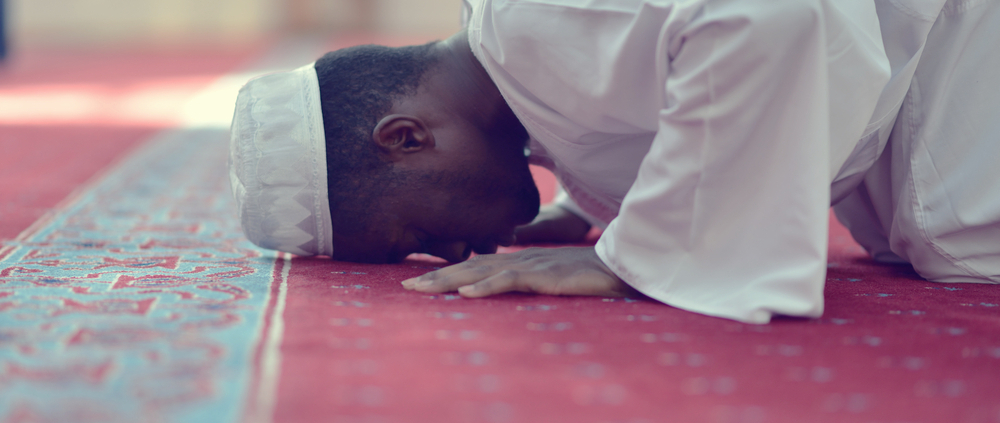How Can I Deal with My Doubts about Prayer Times?
Hanafi Fiqh
Answered by Ustadh Sufyan Qufi
Question
I have this habit of looking at the time, then calculating how many minutes have passed so I can be sure I’m not praying before the adhan. I have these very annoying doubts when trying to look at the clock. I keep doubting if I’m seeing the time right and keep looking again and again and again. It drives me insane. What can I do?
Answer
In the name of Allah, the Most Compassionate, Most Merciful
Your struggles are based on a sound understanding of the rulings about the validity of the prayer in relation to its time.
In Practice
Practically, you have to check the time before starting to pray. When the time is in, you can start praying.
After praying as described above, you can assume the prayer time was in, even if you are affected by doubts.
This is based on the following legal principle, “Certainty is not lifted by a doubt.” [Ibn Nujaym, al-Ashbah wa’l Nadha’ir; Majallat al-Ahkam al-‘Adiliyya]
This means that if we are sure about something, such as the validity of our worship, which is the basic assumption for all human actions, then we will keep assuming it is valid until we are confident that it is not. Mere possibilities and even likelihoods do not change this.
Legal Basis
An obligatory prayer performed before its time is indeed invalid. Praying despite having doubts on whether the time of the prayer has entered or not renders this prayer invalid. This is the case even if the time has indeed really entered. One must be sure that the time of the prayer has entered to be able to pray a valid prayer. [Shurunbulali, Maraqi al-Falah]
Allah, Most High, says: “Indeed, performing prayers is a duty on the believers at the appointed times.” [Quran, 4:103]
Nonetheless, reaching complete certainty that the time has entered is not a condition for the validity of the prayer. When the Hanafi jurists say that one must be sure that the prayer time has entered, they merely mean that one is confident that the time has entered. What is meant by this is that if you have a strong belief that the prayer time has entered, it is enough for you to be able to pray a valid prayer. [Tahtawi, Hashiya ‘ala Maraqi al-Falah; ‘Ala’ al-Din ‘Abidin, al-Hadiyya al-‘Ala’iyya]
The nuance above might help you in your struggles…This is merely what I have been able to find in books of Jurisprudence regarding your question, and I understand what I have mentioned above is falling short of giving a real solution to your issues. The solution might very well be to consult with a reliable Muslim psychotherapist able to deal with OCD (Obsessive compulsive disorder) while acknowledging and respecting your Islamic background.
In the meantime, I would recommend you read the following answers related to OCD:
A Reader on OCD and Waswasa (Baseless Misgivings)
Please read this answer first, as it gives practical solutions for dealing with OCD:
How Can I Overcome My Fear of Falling into Kufr and My OCD of Constantly Apologizing?
And Allah knows best.
[Ustadh] Sufyan Qufi
Checked and Approved by Shaykh Faraz Rabbani
Ustadh Sufyan Qufi is an advanced seeker of knowledge, originally from Algeria, who grew up in France. He began searching far and wide for answers to the fundamental questions of life and was disappointed at the answers he found.
Then he connected with various traditional teachers and gradually connected with SeekersGuidance. He embarked on his journey of learning through the various teachers at SeekersGuidance, including his mentor Shaykh Faraz Rabbani.
He studied numerous texts in Islamic Law, Theology, Hadith, and other areas with Shaykh Faraz Rabbani and other teachers, including Shaykh Abdurrahman al-Sha’ar, Shaykh Ali Hani, and others.
He is an active instructor at SeekersGuidance and answers questions through the SeekersGuidance Answers Service.
